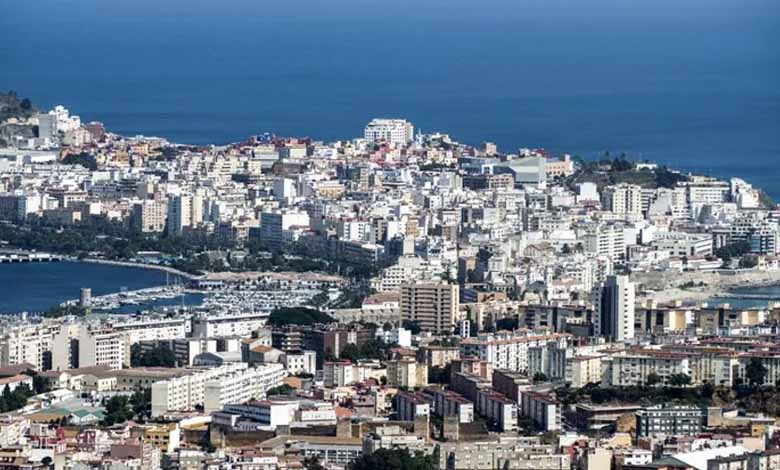Morocco implements plan to restore sovereignty over Ceuta and Melilla

A new report by the Ceuta and Melilla Observatory, entitled: “Morocco’s Claims on Ceuta and Melilla from a Gray Zone Perspective”, notes that Morocco has a plan to regain sovereignty over Ceuta and Melilla without imposing an open war.
The same report, prepared by Spanish researchers, described the fact that “Morocco can use special strategies to influence the status quo in Ceuta and Melilla”.
“Much of Morocco’s recent actions with regard to Spain, particularly Ceuta and Melilla, fall within what experts consider a mixed strategy, ultimately ending in sovereignty over these enclaves while avoiding direct confrontation”, the researchers said.
The report described Ceuta and Melilla as a “gray area”, adding: “There are two characteristics of the gray zone, the first one is ambiguity, that is, the difficulty of verifying that a State is behind certain actions, the second is gradual, because the desired effects extend over the medium and long term”.
The same source continued: “The most recent example that we had in just over six months, with thousands of people illegally entering the city of Ceuta due to the inaction of the Moroccan authorities”, the document reads.
The study pointed to “the role that the modernization of the Moroccan armed forces and their increased military capabilities can play in the strategy of the gray zone”, adding: “in recent years, the military gap between Morocco and Spain has been narrowed, and this could lead to gray zone control”.
“To be able to talk about a gray area, it is necessary to verify the existence of a motive for a particular geopolitical matter”, the report said, stressing that “Morocco’s claim to include Ceuta and Melilla is entirely proportionate to this scheme”.
The report was prepared by Joseph Pakis, Professor of Political Science at the University of Barcelona, Javier Jordan, Professor of Political Science at the University of Granada, Manuel Torres, Professor of Political Science at the University of Pablo de Olavide in Seville, and Guillaume Coloumb, Professor of Political Science at the University itself.












